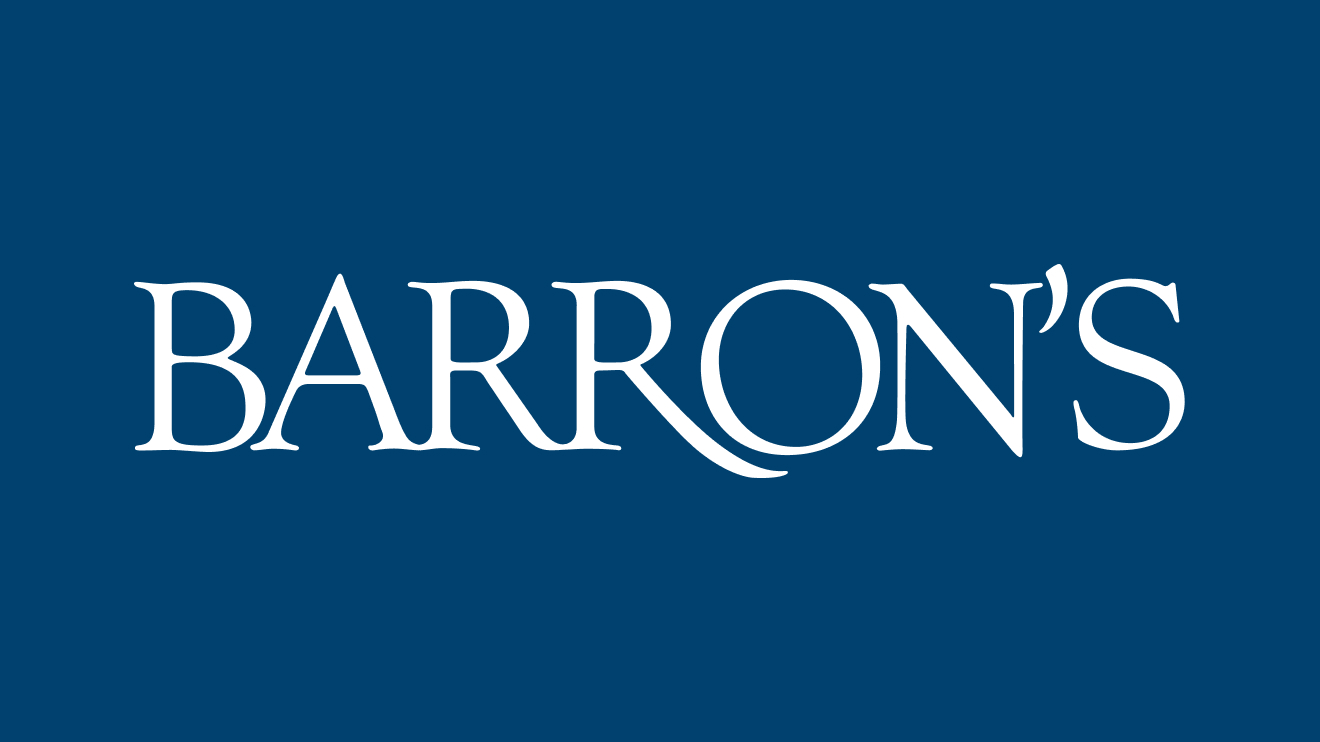International tourism to Finland’s capital Helsinki has not recovered following the Covid-19 pandemic, a survey showed Monday, as travel restrictions imposed over the war in Ukraine have cut off Russian tourists and hampered travel from Asia.
After a drop in tourism during the pandemic, most Nordic capitals have seen a speedy recovery in both international and domestic tourism.
However, a new survey commissioned by the Helsinki Tourism Foundation showed that the Finnish capital was lagging.
The survey compared international and domestic travel to all Nordic capitals, except Reykjavik in Iceland.
Travel restrictions put in place after Russia’s invasion of Ukraine resulted in a “substantial change on the market when you look at the Russian and Asian travel,” Mikko Leisti, chair of the Helsinki Tourism Foundation, told AFP.
Advertisement – Scroll to Continue
Russian tourists, former frequent visitors to Helsinki, have not been allowed into neighbouring Finland since 2022 following the outbreak of the war.
Airline Finnair also halted routes from Asian countries passing through Russian airspace to Helsinki, resulting in fewer tourists from countries such as Japan and China visiting the Nordic country.
While the number of international overnight stays in Copenhagen and Oslo have surpassed 2019 levels, Helsinki only reached 78 percent of its 2019 level in 2023, according to the survey.
Advertisement – Scroll to Continue
In 2023, less than 2 million tourists stayed overnight in Helsinki.
Meanwhile, Denmark’s capital Copenhagen ranked as the most popular tourist destination in the region, with more than six million international overnight stays last year.
Leisti said that Helsinki now needed to ramp up “marketing efforts to reach our potential” to attract more tourists from countries such as “Sweden, Germany, United States and Great Britain”.
Advertisement – Scroll to Continue
According to the survey, Stockholm allocated 4.9 million euros ($5.3 million) and Oslo 7.5 million euros for marketing the cities as travel destinations, while Copenhagen dedicated a total of 36 million euros to promoting tourism.
Helsinki in turn allocated only 2.2 million euros.
ank/jll/spb










